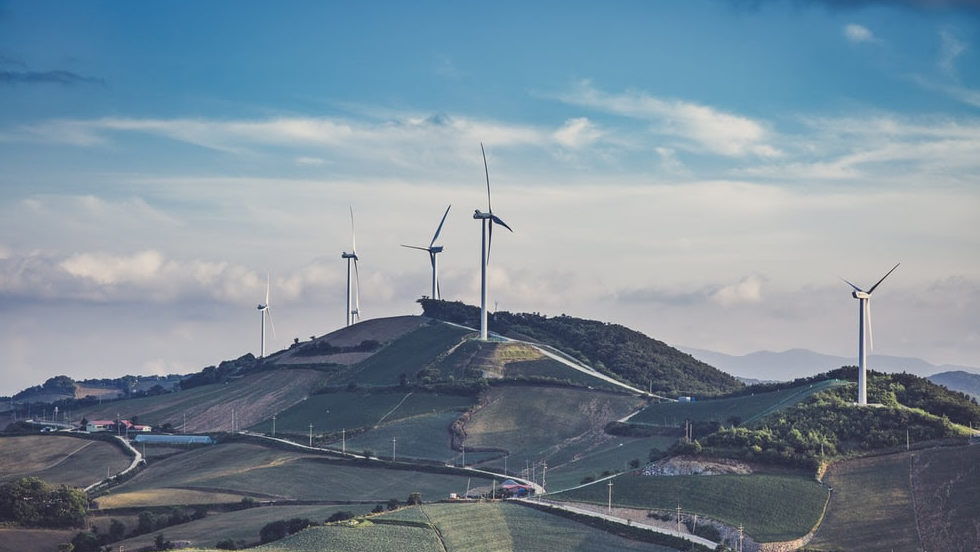Clean energy transition is a marathon, not a sprint
There’s an ongoing race to accomplish a “clean (or green) energy revolution.” The race began decades ago when participants, low in infrastructure but high in optimism, joined to defeat the likes of fossil fuels. Wind, solar, and hydroelectric power entered the race eager to begin, knowing full well the formidable task which lay ahead. In 2020, as we watch the race continue, we see that while renewable energy sources have gained ground, they remain in the consumptive dust of coal, oil, and natural gas. How could that be?
The United States Department of Energy’s website proudly notes that a “clean energy revolution is taking place across America, underscored by the steady expansion of the U.S. renewable energy sector.” Onlookers were hopeful that 2015 may present economic changes which ultimately incentivize a shift to “green energy,” but only time will tell. Yet, as we are anxious to see alternative energy sources disrupt the status quo, it becomes easy to ignore the fact that the proportion of energy supplied by fossil fuels has increased since the turn of the 21st Century. Scientists like the University of Manitoba’s Vaclav Smil hope to articulate a position which many, including myself, don’t especially like to hear: if history is any indicator, it will take much longer to transition to clean energy than one hopes.
However, this is not inherently bad news. Firstly, just because the “clean energy revolution” has proven to be more of a prolonged process (rather than a quick, pain-free change), doesn’t mean developments aren’t happening. Renewable energy sources are getting cheaper and more plentiful. Furthermore, what’s better, transitioning to green energy (a term which remains ambiguous anyways) fast, or in a way that we know is done right? My answer would be the latter, for transitioning to clean energy “fast” for the sake of quickness may lead to unintended consequences. One might argue against this point, citing a vital need to transition to clean energy for the sake of saving the planet. While I understand the concern, one must also be conscious (and real) of the trade-offs present in such a scenario.
My advice for discussing the clean energy transition is to be patient and cautiously optimistic. Much time, energy, money, and research has already been allocated to weaning humans off of fossil fuels, many with positive effects. While such a task remains important, it remains equally important not to rush the process.
Written by Dax Emerson, Class of 2021
Photo credit by Unsplash

